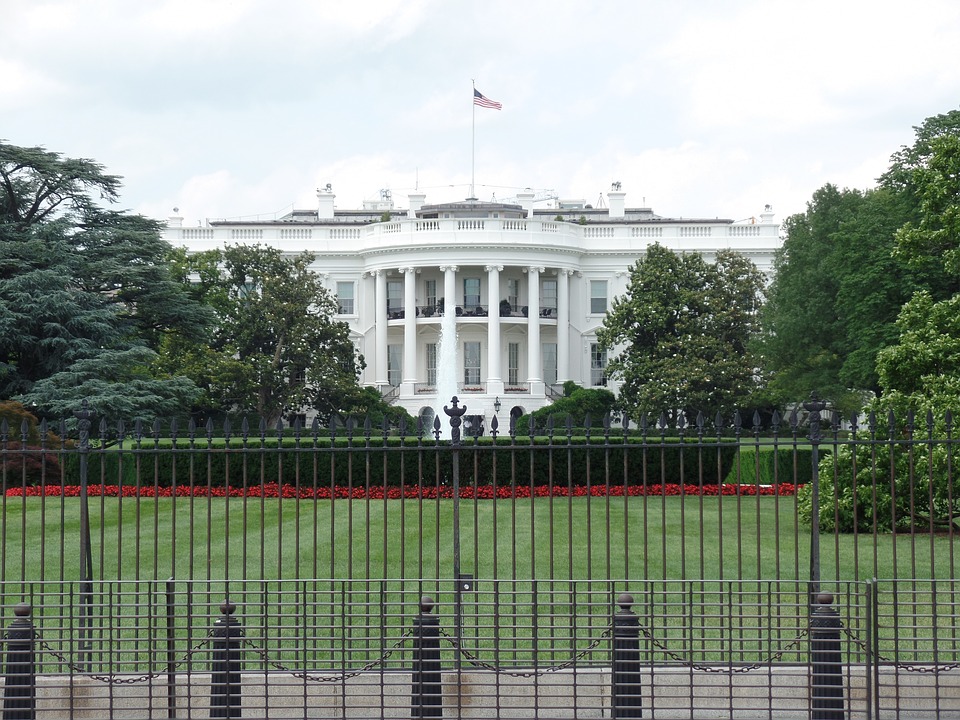TAX TIDBIT: Who Will Lead OIRA Under Biden?
President-elect Joe Biden selected a host of economic experts to serve in top advisory roles early last week. If confirmed, the nominees will hold key positions in the Treasury Department, Council of Economic Advisers and Office of Management and Budget (OMB). Click here for a deeper dive into the experienced professionals Biden nominated.
Another office—one with outsized influence relative to the attention it receives—was not among the positions filled last week. The Office of Information and Regulatory Affairs (OIRA), housed within OMB, is responsible for overseeing the administration’s regulatory actions, coordinating agency efforts and ensuring they align with the president’s agenda.
OIRA will play a key role in the Biden administration, particularly if Republicans retain their Senate majority. Facing a divided Congress, regulatory methods will be among the surest ways for the Biden administration to advance its agenda. OIRA, as the central White House office overseeing such decisions, would be at the heart of the administration’s efforts to reverse or scale back many of the Trump administration’s regulatory rollbacks and guidance.
The OIRA administrator, who oversees the office’s six subject matter branches, requires Senate confirmation. The Biden Transition Team has thus far not provided many hints as to who it will nominate for the post, but some potential names have nevertheless circulated around Washington:
- Richard Revesz. Revesz is currently a law professor and Director of the Institute for Policy Integrity at New York University, where he has worked since 1988. He received a B.S. from Princeton University, an M.S. from Massachusetts Institute of Technology and a J.D. from Yale University.
- Michael Fitzpatrick. Fitzpatrick is currently the head of Global Regulatory Affairs at Google. Before serving in the same capacity at General Electric, he served in OIRA as an associate administrator during the Obama administration and as a senior advisor in the Clinton administration. Fitzpatrick received a B.A. from Brown University, an M.A. from the University of Virginia and a J.D. from Stanford University.
- Cary Coglianese. Coglianese is currently a law professor at the University of Pennsylvania, where he serves as director of the Penn Program on Regulation. In addition to founding the Law and Society Association’s international collaborative research network on regulatory governance, he has taught at the Harvard Kennedy School, Stanford Law School and Vanderbilt Law School. Coglianese earned a B.A. from the College of Idaho and an M.P.P., J.D. and Ph.D. from the University of Michigan.
- Michael Greenstone. Greenstone is currently an economics professor at the University of Chicago, where he also serves as director of the Becker Friedman Institute and the Energy Policy Institute at Chicago. Before that, he was a chief economist in the Obama administration’s Council of Economic Advisers and a senior fellow at The Brookings Institution.
LEGISLATIVE LOWDOWN
COVID-19 Package: Light at the End of the Tunnel? On Capitol Hill, deadlines are the mother of all compromise. Facing mounting pressure from constituents to pass another COVID-19 relief measure, a bipartisan, bicameral group of lawmakers released a $908 billion framework. In the days since, a growing number of House and Senate lawmakers on both sides of the aisle have publicly supported the outline. Additionally, Democratic leadership, including Speaker Nancy Pelosi (D-CA), Senate Minority Leader Chuck Schumer (D-NY) and President-Elect Joe Biden, have embraced the deal as a good starting point. Senate Majority Leader Mitch McConnell (R-KY), who remains noncommittal, has met multiple times with Pelosi since the proposal was presented.
Text for the proposal is expected to be released later today. It will not contain details on general liability protection due to various unresolved issues—a major sticking point in any negotiations regardless of who is negotiating.
Lawmakers are preparing to vote Wednesday on a one-week extension to the current stopgap measure, pushing the government funding deadline to Friday, Dec. 18. This will give negotiators additional time to determine the specifics of a COVID-19 relief package.
What About Year-End Tax Measures? As the train nears the end of the tunnel, a few tax policy items appear as though they have been left at the station. Both the bipartisan and Senate GOP COVID-19 proposals unveiled last week are short on many tax provisions, including a cleaning credit and a hiring credit modeled after the Work Opportunity Tax Credit, both of which were part of the Senate GOP’s original HEALS Act. Also missing from both proposals was a provision allowing for the deductibility of expenses paid with Paycheck Protection Program loan proceeds. Thus far, the Treasury Department has issued guidance determining that such expenses are not deductible, but industry has been pushing for Congress to clarify its intent in the next package and reverse Treasury’s decision.
Both proposals also fail to include year-end extensions to expiring tax breaks, known as “extenders.” This year, 33 such breaks are scheduled to expire, and despite the efforts of many lawmakers and private sector advocates, Congress is unlikely to include any extensions in either the appropriations omnibus or the COVID-19 relief package.
The Senate GOP proposal did include a tax credit for contributions to certain scholarship-granting organizations; enhancements to Sec. 529 accounts to allow for private or religious schools to use plan funds for expenses such as books and online materials; a 100% deduction for business meals; and a new $300 above-the-line deduction for charitable contributions that taxpayers can claim for 2020.
Thank you to the team at Brownstein Hyatt Farber Schreck for this report.
Policy and Taxation Group is your voice in Washington on economic freedom. We advocate for policies that allow American families to fully enjoy the economic liberties and benefits of a robust free market unique to our nation. For over 25 years, we have been the loudest voice in the nation’s capital on eliminating the death tax. This ill-conceived tax has a destructive impact on families, family businesses, job creation, and the national economy.

